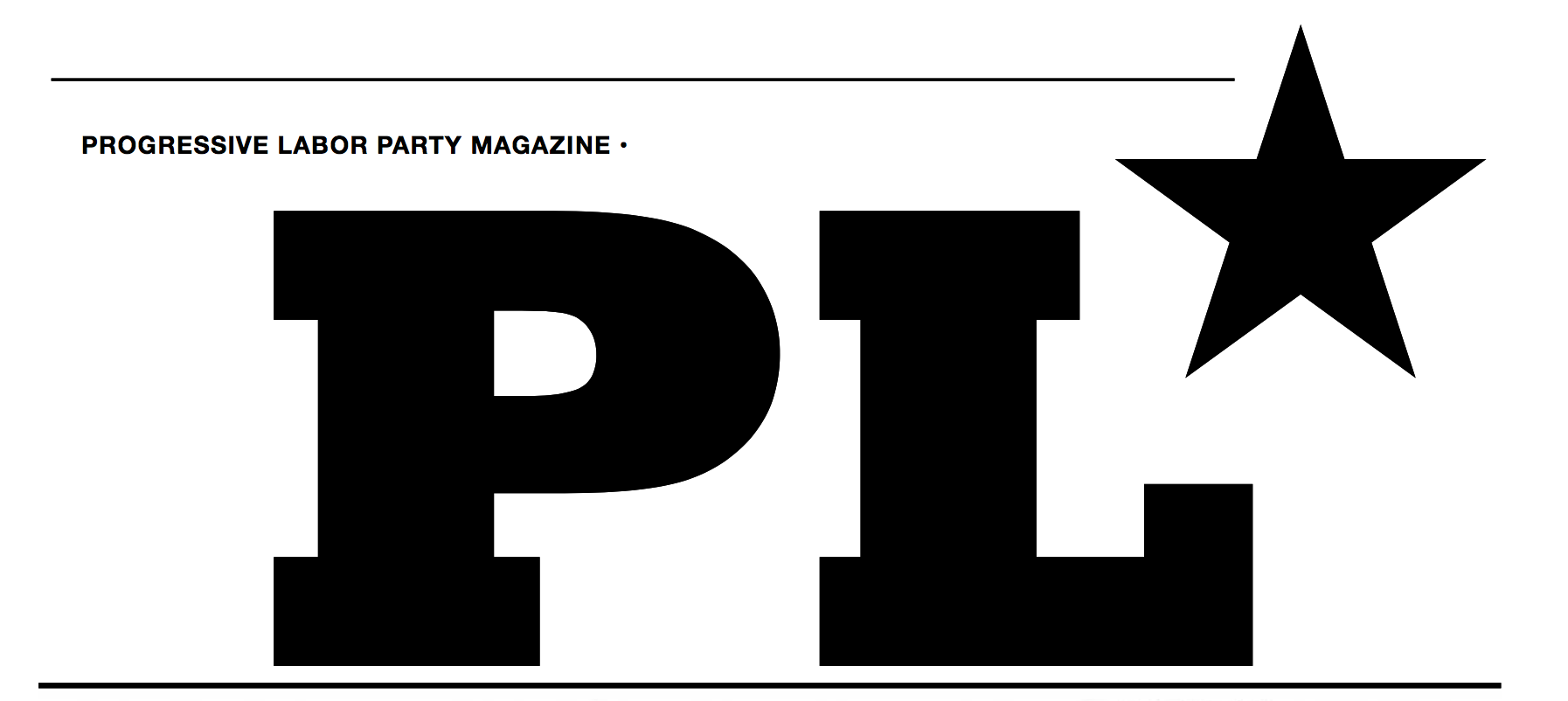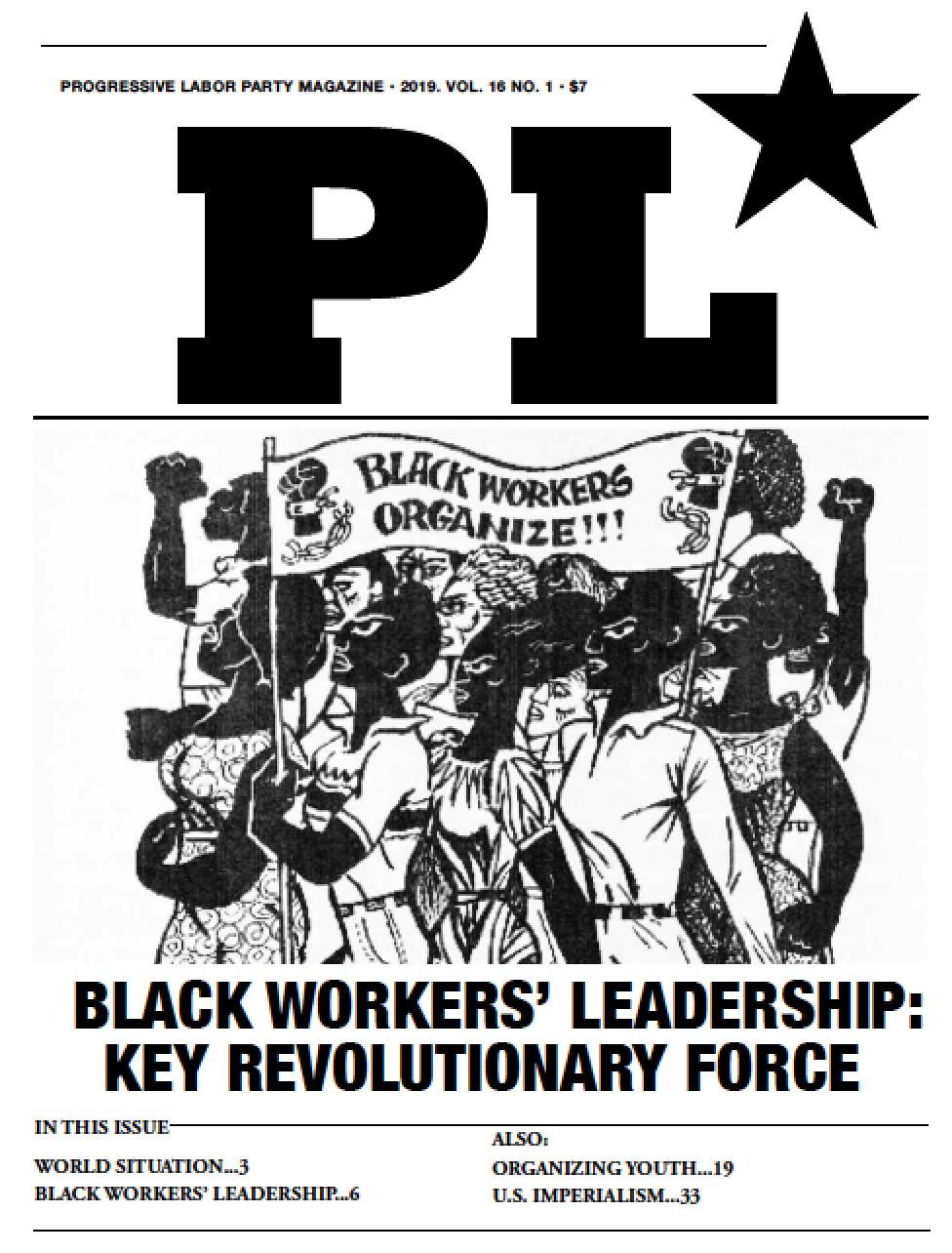Looking Backward, a window on a post-capitalist world
 Saturday, September 24, 2022 at 12:21PM
Saturday, September 24, 2022 at 12:21PM Not only do tens of millions of people around the world hate capitalism and want to see it replaced with communism, but they have felt that way for many generations. 125 years ago, Edward Bellamy wrote the novel Looking Backward, 2000-1887, a powerful and intelligent critique of capitalism, a system that Bellamy considered cruel and wasteful. But Looking Backward also contains a vivid description of some aspects of an egalitarian society that might replace capitalism.
The book begins with the main character, Julian West, who suffers from insomnia, going to sleep under hypnosis in 1887 in Boston in a fortified chamber. A fire destroys his home but not the chamber, and Julian awakes in the year 2000 and discovers that life as he knew it has changed dramatically.
A glimpse of communism
Capitalism’s individual struggle for the means of life (food, clothing, housing) under capitalism has been replaced with a cooperative system that provides everyone — men, women, children — with an equal share of society’s surplus, in the form of a credit card. There is no money. Bellamy envisioned a new society in which the private ownership of the means of production and distribution has been replaced by public ownership.
Every person capable of working is required to do so, but only from the ages of 21 to 45. Upon retirement at 45, people are free to pursue hobbies, further education or travel. Young people are well-educated and encouraged and assisted to find jobs they are most interested in and capable of doing. Harder jobs have shorter hours in society’s “industrial army”.
Every neighborhood in Boston — and every other city and town — has high-quality dining halls, libraries, recreational facilities, theaters, and clothing distribution centers where people can select what they want using catalogs and paying with their credit cards. There is no more poverty and crime has been greatly reduced. The new society has more wealth because it’s eliminated the waste, lack of planning, competition (including needless advertising), and the cost of an extensive state apparatus (including the police and an army that had been used to protect the property of the wealthy, suppress working-class rebellions and deal with crime caused by poverty).
Socialism restores capitalism
Bellamy’s new society is more than socialism. Money has been eliminated and since everyone — those working and those not working; husbands, wives, children — receives a credit card with the same amount, people receive according to the communist principle of “to each according to his needs” rather than the socialist principle of “to each according to his work.” The communists who led the revolutions in Russia and China fought for socialism as a stage leading to communism. But socialism retained features of capitalism such as exploitation through wages, small businesses, and some private ownership of land. Thus socialism led to the restoration of capitalism in the Soviet Union and China.
Looking Backward was a best-selling novel in the late 19th century, third in popularity after Harriet Beecher Stowe's Uncle Tom’s Cabin (anti-slavery novel that exposed the viciousness of slavery and helped build the abolitionist movement leading to the Civil War) and Lew Wallace's Ben-Hur. Bellamy clubs sprang up around the country to discuss how to organize to win the changes depicted in the book.
And Bellamy wrote a sequel, Equality, to describe the new communist-type society in greater detail.
Revolution necessary to bury racist capitalism
Looking Backward is very persuasive in its insistence that the new communist-type system is superior to the old dog-eat-dog world of capitalism. Yet the novel does have its imperfections:
- Bellamy was averse to class struggle. So in the novel the new society comes about in the early 20th century when enough people were horrified by the chaos, poverty, violence and misery of capitalism and decided collectively to replace it. A revolution had not been necessary, only the widespread realization that the big corporations needed to be nationalized, money eliminated and each person provided with an equal share of society’s bounty. Bellamy was a believer in gradualism and evolutionary socialism, which the ruling class will never accept — either in 1887 or today.
- The mills in New England, where the novel is situated, were populated largely by immigrant workers, yet immigrants are virtually invisible in the book, and there’s no mention of Black workers trapped in sharecropping plantation system, nor discussions of racism.
- There’s no indication that the new society changed the nature of work. The “industrial army” seems to function the same way it would under capitalism, except that salaries are the same. A doctor and a factory worker receive the same pay, although the latter is likely to be less satisfied with his or her work. The new society has evidently not abolished the division of mental and manual labor, a crucial feature of class societies.
- The novel does show how the new society improves the lot of women, many dependent on their husbands for money. But it does so in an off-putting Victorian manner, with women (through Edith, one of the main characters) portrayed as delicate and feminine, which is a little different from her prototype in the 19th century.
- Bellamy’s egalitarian society, while impressive in many ways, is portrayed as finished, with no suggestion that struggle would be necessary to maintain its egalitarian nature and prevent the rise of a new ruling class. In the novel, on top of the new society sits a paternal central government that competently plans and controls production and distribution. There’s no revolutionary party and no more political struggle, because society is now portrayed as perfect. But every new society is subject to tensions between individuals who subjectively may want more privileges and benefits for themselves and their friends, and the collective that maintains objectivity and its egalitarian features.
Despite these reservations, Looking Backward is a beautifully written, powerful plea for a new world, a communist world. The novel played a key role in the radicalization of some of the most prominent labor leaders of the day, such as the Socialist Party leader Eugene Debs. It can still play that role in our time.





 Progressive Labor Party (PLP) fights to destroy capitalism and the dictatorship of the capitalist class. We organize workers, soldiers and youth into a revolutionary movement for communism.
Progressive Labor Party (PLP) fights to destroy capitalism and the dictatorship of the capitalist class. We organize workers, soldiers and youth into a revolutionary movement for communism.




Reader Comments